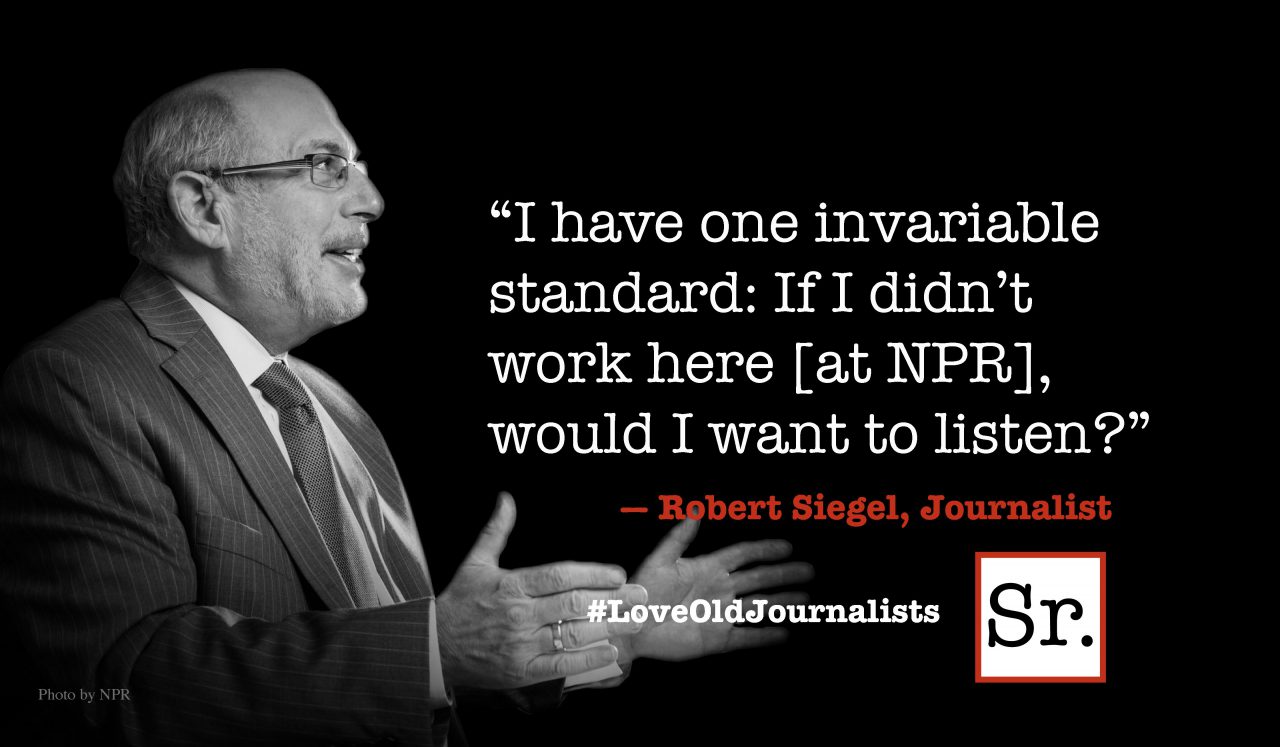Upon retirement, my wife and I sold our home in Southern California. The year was 2005 and we were fortunate. Less than two years later, the housing market collapsed.
Today, economists are still wondering when home prices might recover. When we can expect to, once again, see year after year, three to five percent gains in the price of homes. Logically, you’d think that we might see such price increases soon after we’ve worked off the excess inventory. You’d think two or three years, wouldn’t you? Hm… maybe not.
I believe that the price of homes, especially larger homes, won’t return to “normalcy” for quite some time. I think this because of a factor little talked about — especially little talked about in relation to the housing market. It’s the maturing of the baby boomers.
Born between 1946 and 1964, the 78 million baby boomers have, throughout all of their lives, had an enormous impact on our economy and our society. As children, they stimulated the need for classrooms and teachers. As older teens, they impacted the need for automobiles and parking spaces on college campuses. As young adults, they caused rapid growth in the job market. And dramatic growth in consumer spending. And credit card usage. And the demand for housing.
Demand for housing? Hm… is it possible that, as the baby boomers retire, many of them would choose to downsize? And if so, might some of those very large baby boomer homes (they sure like those larger homes, don’t they?) go looking for a buyer? Might the supply of larger homes actually exceed the demand? And therefore, might the law of supply and demand suggest that the prices of larger homes experience downward pressure?
Some might argue that the population of younger Americans is still growing in spite of the maturing of the baby boomers. That our country has lots of children, teens and young adults. And indeed it has. But consider whether those children, teens and young adults will be able to afford the larger homes made available by the aging baby boomers. Many of those children, teens and young adults are immigrants or children of immigrants. They’re new enough to America that they haven’t yet risen to the economic level where they can afford to purchase a home — especially a larger, baby boomer home. At least not at current — albeit recently reduced — price levels.
Sure, immigrants to America earn more and more money, and achieve higher levels of home ownership, generation by generation. But here we’re talking about generations, not the next few years. If immigrants to America are, any time soon, going to purchase a home — especially a larger, baby boomer home — then the price of that home is going to have to drop. Perhaps by quite a bit.
Well, what about the children of the baby boomers? Can’t the next generation of upper-middle class Americans purchase those larger, baby boomer homes? That’s an interesting question to which I think the answer is “no.” Sitting in the barber shop recently, I heard that same conversation I’ve heard so many times before. One fellow said to the other, “My son and his wife are both working at good jobs, earning good salaries, and still they can’t afford to buy a home.”
Thanks to the baby boomers’ enormous bulge in population (plus our adoption of the two income household, plus some pretty clever financing), we Americans have populated our landscape with millions of large, high-priced homes. Bulge in population, two income households, clever financing…hm…what’s our next trick? Seems we’re out of tricks. I think that the price of larger homes will experience long-term downward pressure.
How long? Well, let’s see — the youngest baby boomer, born in 1964, is now 48 years old. I suppose that the long-term downward pressure on prices will end when that youngest baby boomer is about 65 years old. That will happen in 2029, about seventeen years from now.









